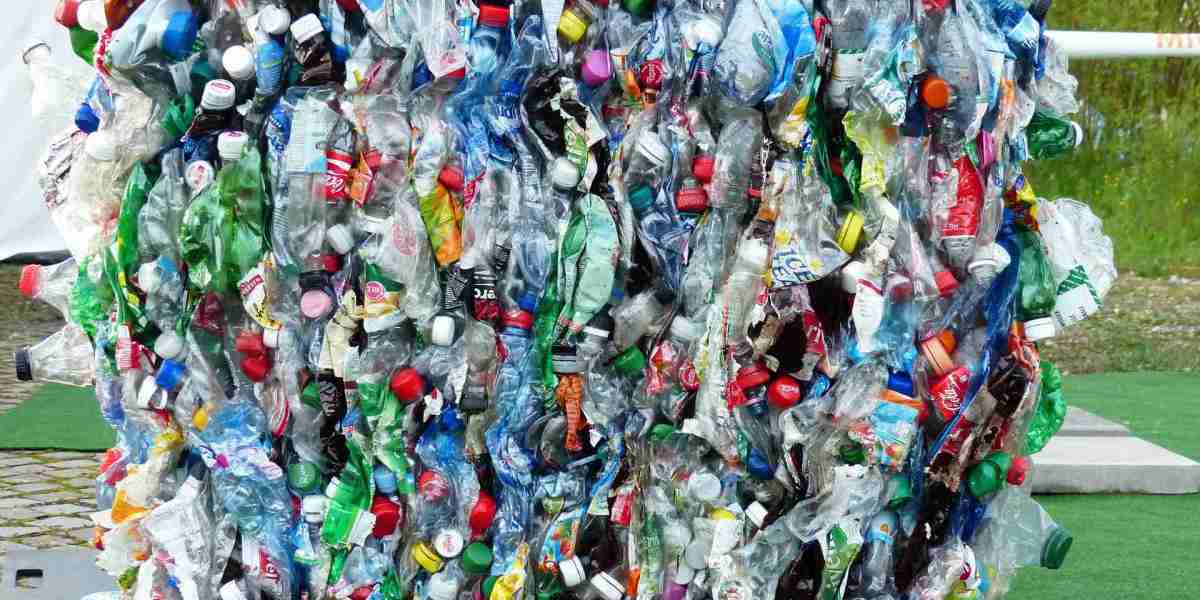According to Fortune Business Insights, the global recycled plastic market size was USD 46.89 billion in 2022 and is projected to grow from USD 50.78 billion in 2023 to USD 88.96 billion in 2030 at a CAGR of 8.3% during the forecast period. Fortune Business Insights™ has deep-dived these inputs in its latest research report, titled, “Recycled Plastic Market, 2020-2030.”
Browse Detailed Summary of Research Report:
https://www.fortunebusinessinsights.com/recycled-plastic-market-102568
Collection and Sorting:
The process begins with the collection of plastic waste from various sources, including households, businesses, and industrial facilities. Sorting is an important step where different types of plastics are separated based on their resin types, colors, and other characteristics. This ensures that the recycled material is of consistent quality.
Processing:
After sorting, the plastic waste undergoes various processing steps, including cleaning, shredding, and melting. Cleaning removes any contaminants, while shredding breaks the plastic into smaller pieces. Melting and further processing result in plastic pellets or flakes, which can be used as raw materials for manufacturing.
Types of Recycled Plastic:
Different types of plastic can be recycled, including polyethylene (PE), polypropylene (PP), polyethylene terephthalate (PET), and more. The specific recycling process depends on the type of plastic.
End-Use Applications:
Recycled plastic can be used to manufacture a wide range of products, such as packaging materials, containers, clothing, automotive parts, construction materials, and more. The quality of the recycled plastic material determines its suitability for various applications.
Environmental Benefits:
The recycled plastic industry helps reduce the environmental impact of plastic waste. By diverting plastic from landfills and incineration, it decreases greenhouse gas emissions, conserves energy and natural resources, and minimizes the pollution associated with plastic production.
Challenges:
The recycled plastic industry faces challenges such as the need for improved collection infrastructure, ensuring consistent quality of recycled material, addressing contamination issues, and raising awareness about the importance of recycling among consumers and businesses.
Market and Economics:
The demand for recycled plastic is influenced by factors such as the price of virgin plastic, regulations promoting recycling, consumer preferences for sustainable products, and corporate sustainability goals. The economic viability of the recycled plastic industry depends on a balance between production costs and market demand.
Innovation:
Technological advancements play a significant role in improving the efficiency and quality of the recycled plastic industry. Innovations include new sorting technologies, advanced recycling processes, and the development of new products with higher recycled content.
Circular Economy:
The recycled plastic industry is closely linked to the concept of a circular economy, where products and materials are reused, remanufactured, and recycled to extend their lifecycle and reduce waste.
Regulations and Policies:
Governments and international organizations are implementing regulations and policies to promote recycling and reduce plastic pollution. These regulations may include recycling targets, extended producer responsibility, and bans on certain single-use plastics.
Overall, the recycled plastic industry is a vital component of sustainability efforts, contributing to a more responsible approach to plastic usage and waste management.



